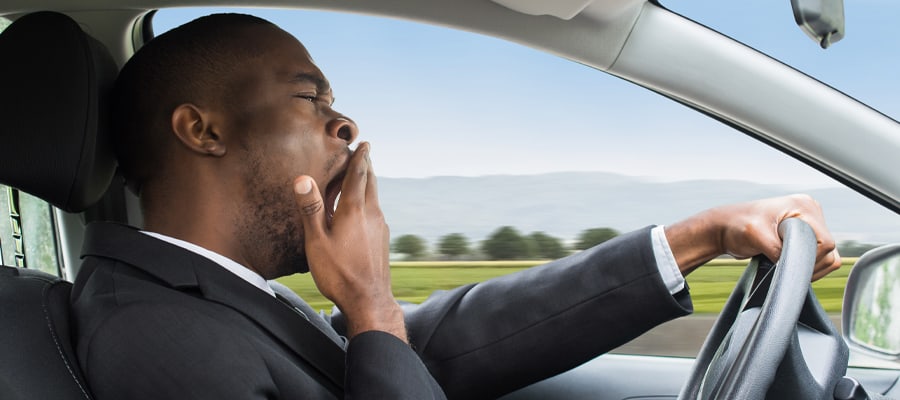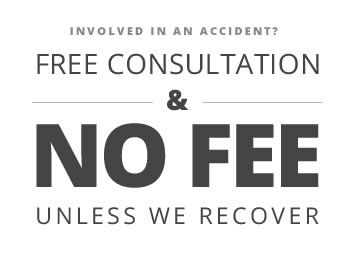While stories about Maryland drivers falling asleep at the wheel may make the news from time to time, you probably never expect that you would be injured in a drowsy driving car accident. Unfortunately, statistics from the Governors Highway Safety Association (GHSA) reveal that these incidents are quite common. An estimated 328,000 auto crashes every year are linked to fatigue, 6,400 of which are fatal, and another 109,000 cause injuries to at least one victim. Worse, it appears likely that drowsy driving will continue to be a problem in the US, especially since there are no statutes prohibiting it and limited means of enforcing the laws.
If you were hurt or lost a loved one in a collision involving a fatigued driver, it is critical that you consult with a Baltimore County car accident lawyer right away. Some additional statistics and information about your legal rights may be informative.
Statistics Reveal the Dangers of Drowsy Driving
Lack of sleep is right up there with drunk driving and distracted driving in terms of the dangers. Fatigue affects a motorist’s capabilities in multiple ways, including slowed reaction time, attention span issues, and poor decision-making. For instance, note that:
- Operating a vehicle after not sleeping for 18 hours is the equivalent of the motorist having a blood alcohol concentration (BAC) of approximately .05%t
- Driving after being awake for 21 hours equates to a BAC at .08% – the legal limit in Maryland; and,
- After not sleeping for 24 hours, a motorist is at a BAC level of .10%.
Additional data reveals that a driver does not have to lose sleep at these extreme levels to experience the effects of drowsy driving. Researchers have discovered higher crash rates among drivers who sleep less than five hours a day, slept less than seven hours in the last day, or slept one hour less than normal.
Fatigue and the Implications for Your Car Accident Claim
Carelessness is behind most auto accidents, and operating a vehicle while fatigued is a form of careless driving. However, in the practice of law, you need to show how drowsy driving meets the requirements of a negligence-based case. You may qualify for compensation if you can prove:
- The at-fault motorist had a duty to drive safely;
- That person breached the duty of care by driving while fatigued;
- Drowsy driving was the direct cause of the accident in which you were injured; and,
- You suffered losses as a result of the crash.
In a successful case, you may be able to recover for your medical costs, lost wages, pain and suffering. And many other types of losses.
Contact a Maryland Auto Accident Attorney About Your Legal Options
This overview about drowsy driving and Maryland car crash laws should be useful. However it is important that you trust an experienced auto accident lawyer to assist with your case. To learn more about how our team can help, please contact attorney Michael A. Freedman to schedule a no-cost case assessment.



